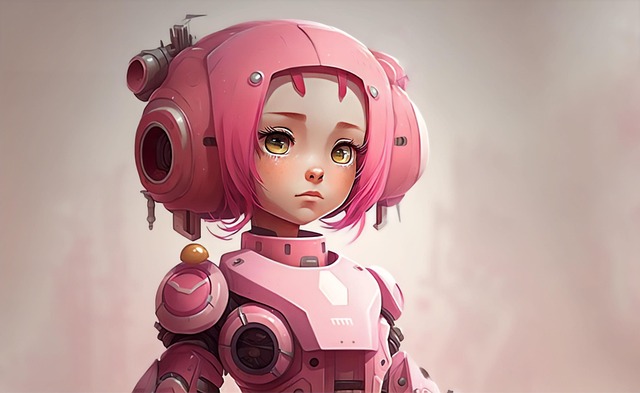# AI Technology’s Role in Shaping Tomorrow: Transformations in Business, Society, and Daily Life
Artificial Intelligence (AI) is no longer a futuristic concept; it has become a fundamental component of modern life, influencing various sectors from business to healthcare, and even our daily routines. As we stand on the brink of a new era shaped by AI, it is essential to explore its transformative effects and the implications for our future.
## Revolutionizing Business Operations
In the realm of business, AI technology is redefining operational efficiency and decision-making processes. Companies are increasingly adopting AI-driven solutions to streamline their workflows and enhance productivity. For instance, machine learning algorithms can analyze vast quantities of data to identify patterns and trends, enabling organizations to make data-driven decisions that were previously unattainable.
Moreover, automation powered by AI is reshaping the workforce landscape. Routine tasks that once required human intervention are now being handled by intelligent systems. This shift not only reduces operational costs but also allows human employees to focus on more strategic initiatives. As a result, businesses can foster innovation and creativity, which are essential for long-term success in a competitive marketplace.
Another significant transformation in business is the customer experience. AI technologies, such as chatbots and virtual assistants, are revolutionizing how companies interact with their customers. These tools provide immediate, personalized responses to inquiries, enhancing customer satisfaction and loyalty. Additionally, AI can analyze customer behavior, enabling businesses to tailor their offerings and marketing strategies to meet the specific needs of their target audience.
## Impact on Society and Ethics
Beyond the corporate sphere, AI technology is having profound implications for society as a whole. One of the most pressing concerns is the ethical considerations surrounding AI deployment. As AI systems become more autonomous, questions arise about accountability and transparency. Who is responsible when an AI system makes a mistake? These dilemmas highlight the necessity for robust regulatory frameworks to govern AI development and application.
In addition, the rise of AI has sparked debates about privacy and surveillance. With the ability to process and analyze personal data at an unprecedented scale, AI can infringe upon individual privacy rights. Society must grapple with the balance between leveraging AI for societal benefits and protecting citizens from potential misuse of their data. Establishing ethical guidelines and fostering public discussions around these issues will be crucial in shaping a future where AI serves humanity rather than undermines it.
Furthermore, AI’s influence extends to social dynamics, including employment and education. As automation replaces certain job functions, there is a growing need for reskilling and upskilling the workforce. Educational institutions and organizations must adapt their curricula to prepare individuals for an AI-driven job market. Emphasizing critical thinking, creativity, and emotional intelligence will be essential in equipping future generations to thrive alongside intelligent machines.
## Enhancing Daily Life
On a more personal level, AI technology is seamlessly integrating into our daily lives, enhancing convenience and efficiency. Smart home devices, powered by AI, are becoming commonplace, allowing individuals to control their environments with simple voice commands. From adjusting the thermostat to managing security systems, these innovations are transforming how we interact with our living spaces.
Health and wellness are also being positively impacted by AI advancements. Wearable devices equipped with AI algorithms can monitor vital signs and provide real-time health insights. This technology empowers individuals to take control of their health by offering personalized recommendations based on their unique data. Moreover, AI is playing a crucial role in medical diagnostics, enabling healthcare professionals to detect diseases earlier and more accurately.
Additionally, entertainment and leisure activities are being revolutionized by AI. Streaming services utilize sophisticated algorithms to recommend content based on user preferences, creating personalized viewing experiences. Virtual reality (VR) and augmented reality (AR), enhanced by AI, are reshaping the gaming industry, offering immersive experiences that blur the lines between the digital and physical worlds.
## Conclusion: Embracing the Future with AI
As we navigate the complexities of an AI-driven future, it is imperative to embrace the potential of this transformative technology while being mindful of its challenges. Businesses must leverage AI to enhance productivity and customer satisfaction, while society must address ethical concerns to ensure responsible AI development. Furthermore, individuals can harness AI to improve their daily lives, from health management to home automation.
In summary, AI technology is not merely a tool; it is a catalyst for change that will shape the fabric of our society. By understanding its implications and proactively addressing the associated challenges, we can pave the way for a future where AI serves as a powerful ally in our quest for progress and innovation. The journey ahead may be uncertain, but one thing is clear: AI will play a pivotal role in shaping the world of tomorrow.











